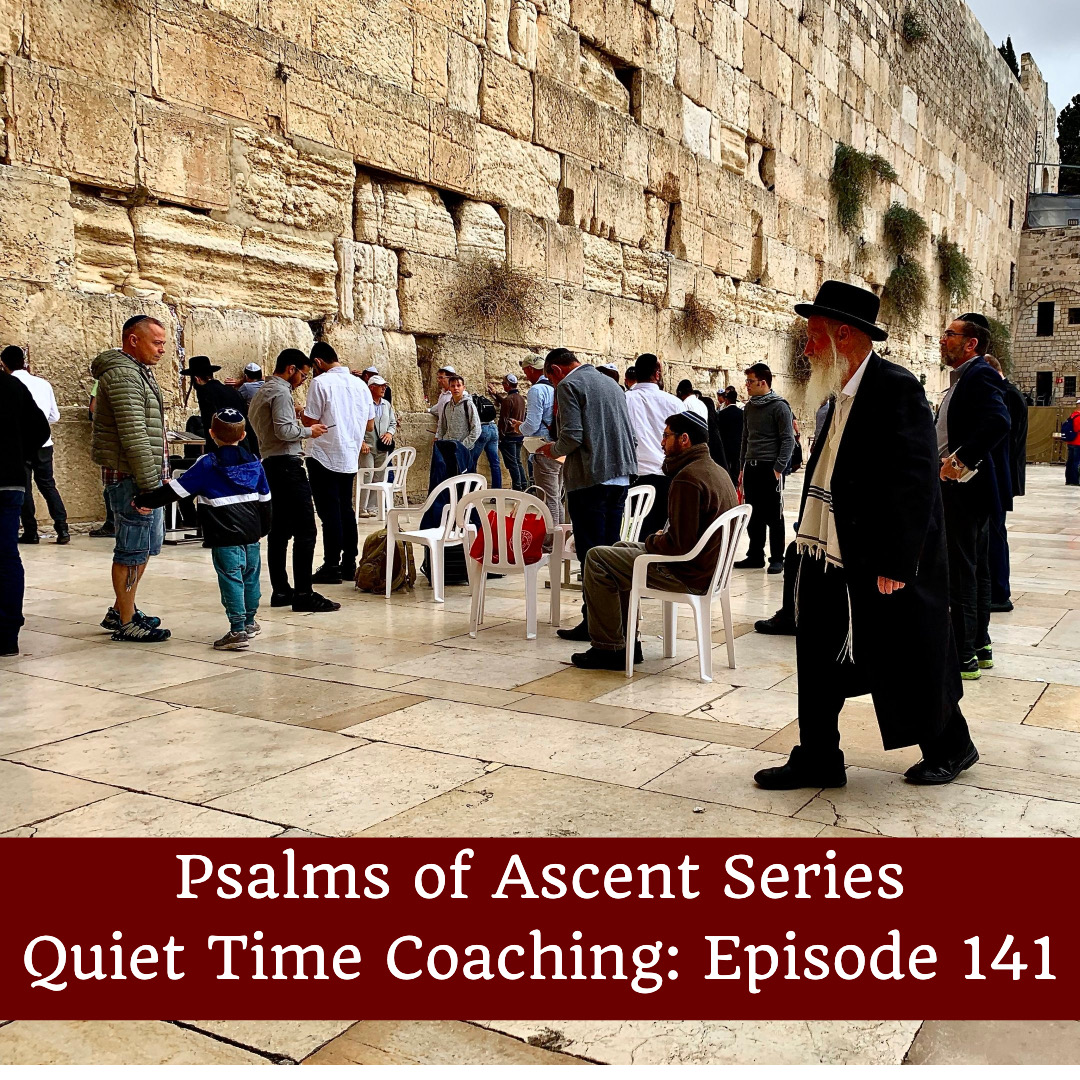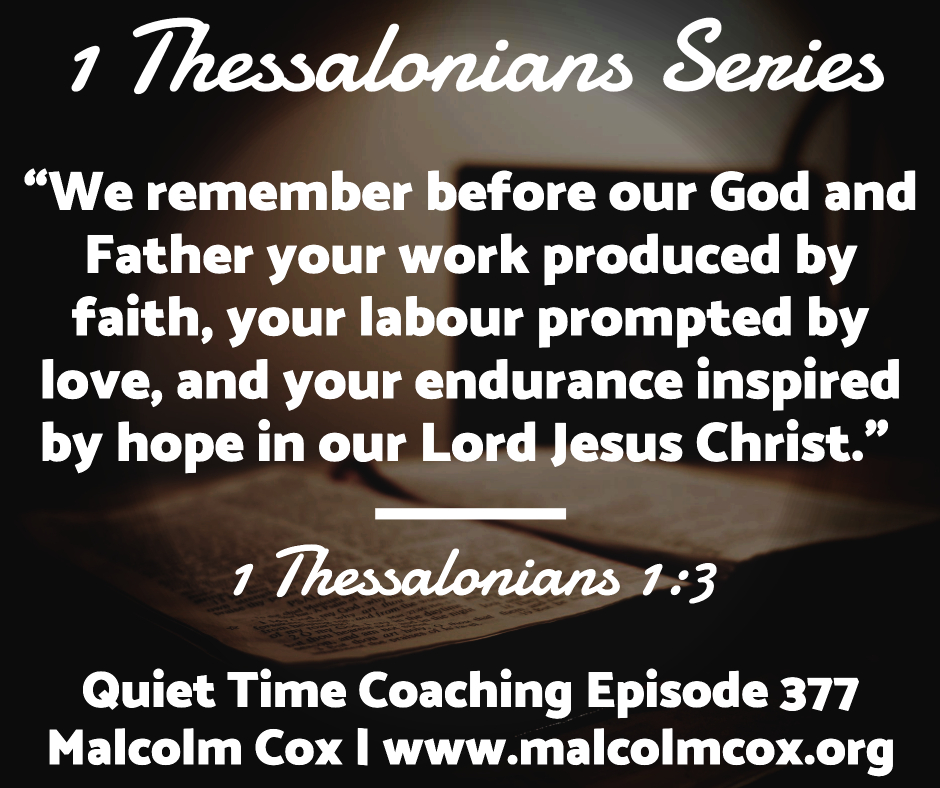
Introduction
“My conscience is clear, but that does not make me innocent. It is the Lord who judges me.” (1 Corinthians 4:4 NIV11)
“You know, brothers and sisters, that our visit to you was not without results. We had previously suffered and been treated outrageously in Philippi, as you know, but with the help of our God we dared to tell you his gospel in the face of strong opposition. For the appeal we make does not spring from error or impure motives, nor are we trying to trick you. On the contrary, we speak as those approved by God to be entrusted with the gospel. We are not trying to please people but God, who tests our hearts. You know we never used flattery, nor did we put on a mask to cover up greed—God is our witness. We were not looking for praise from people, not from you or anyone else, even though as apostles of Christ we could have asserted our authority. Instead, we were like young children among you.” (1 Thessalonians 2:1–7 NIV11)
- Suffering
- If we are not suffering, what does that say about our motives?
- Costing more than receive?
- ‘The true missionary is not someone specialised in the delivery of the message but someone whose whole being, completely committed to a message which demands all, is communicated to his hearers.’ Best, Tyndale Commentary
- Childlike
- Invisible – willing? John the Baptist – me less, him more.
- Hero – or host?
- Dependant
If he was lying the letter would have had the opposite effect.
Conclusion
“When we process our leadership by our character, the quality of the outcomes will be measured by a thriving culture where people are valued and not used, where the leader is respected and not feared, where a leader is trusted and not doubted, where the moral authority of the leader’s life makes others glad to cooperate and achieve, where grace underwrites the administration of the employee handbook, and where the leader’s example stimulates those he serves to live and lead as the leader lives and leads.” Redefining Leadership Joseph M. Stowel
Why not sign up for the Old Testament Survey module: https://www.aimukandireland.com. Send me an email expressing interest if you cannot find what you need on the site.
Please add your comments on this week’s topic. We learn best when we learn in community.
Do you have a question about teaching the Bible? Is it theological, technical, practical? Send me your questions or suggestions. Here’s the email: malcolm@malcolmcox.org.
If you’d like a copy of my free eBook on spiritual disciplines, “How God grows His people”, sign up at my website: http://www.malcolmcox.org.
Please pass the link on, subscribe, leave a review.
Keep calm and carry on teaching.
God bless, Malcolm



